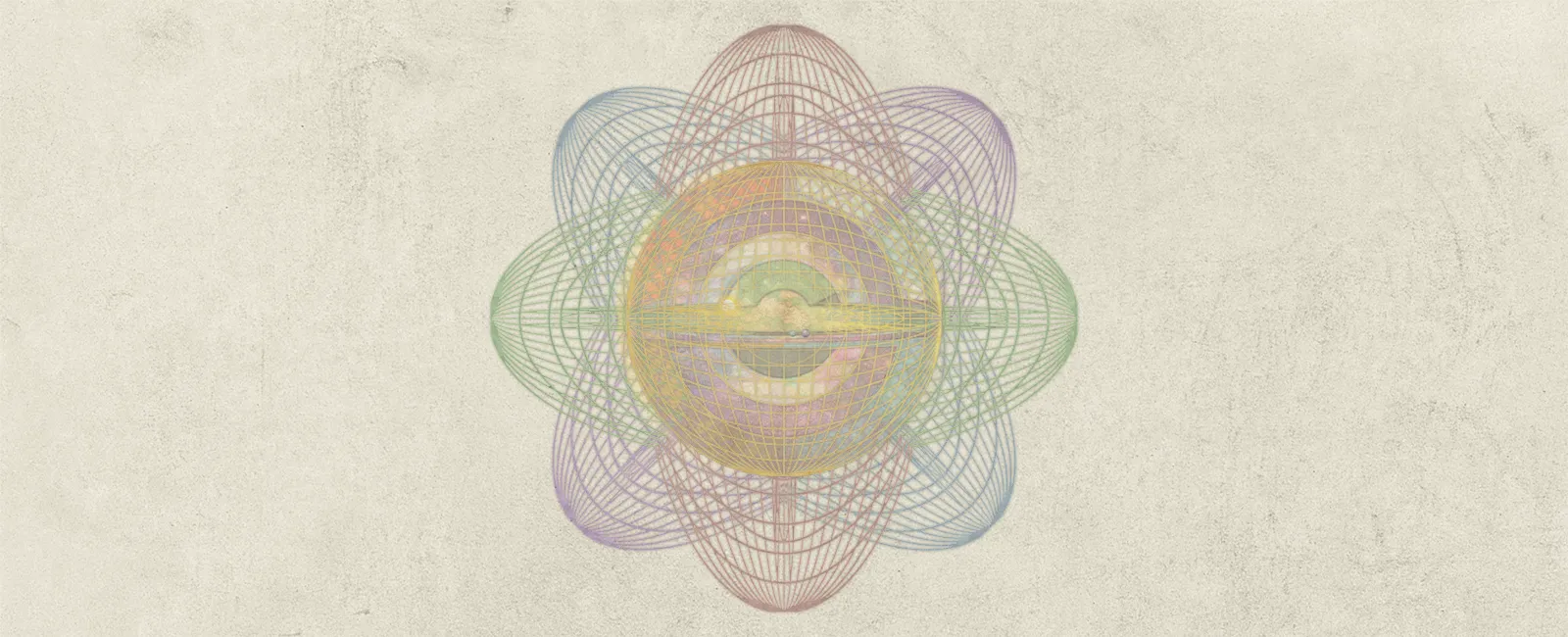Dwarven Trade
In dwarven economy everything is acounted for, anything is tradable, yet nothing has a real price. And all lands, service, goods, tools and products, down the individual pewter mug in a private residence, and the gems on a noble's neck are in a constant state of changing hands. It's a beautiful, perfectly cheriographed dance to observe. To those of you wishing to delve into this mysterious, concoluted, terrifying, life changing experience, I urge you not to. In fact, they had to pay me double to even get me to stand here today. So get comfy in your chair's beacause this is going to be boring, and very long.Dwarven Bartering, also called Dwarven Trade, is a complex system of barter practiced by dwarves of all dwarven cultures. Aside from the monetary value of a good or a service, it also takes into account pedigrees, lineages, social status and much more variables. Under dwarven bartering a seller of a certain item can sell it for a profit, give it free of charge, or even hand it for free along with additional coin to the "buyer".
Execution
The terms 'seller' and 'buyer' also do not exist in dwarven Trade, or even in the dwarven languages as most of their cultures believe possessions are not to be sold, but exchanged and money was initially introduced to allow those exchanges to happen with the removed necessity of immediately going to get the wanted exchanged good, or arranging large groups of exchanges for a simple transfer of products.
In dwarven transactions there is no fixed priced on any form possessions, products, goods, services, time, expertise and even blood lineages, are all accounted for and have a certain fluctuating value. An iron ore may be exchanged for 5 sacks of mushrooms, and set the global "price" or "equivalent values" until another exchange takes its place. Once an item receive a trade value it enters the trade circulation forever, and all of transactions related to it are recorded. An item can never be taken out of trade, and cases of unwilling givers who mistakenly traded their possession are often disputed in the highest of dwarven courts.
With the use of money, it is also customary, and often required be law, to claim what the 'seller' intends to achieve with the exchanged sum. The coins themselves are also registered, requiring a purpose to exist. Vague answers such as "saving for emergency" can be considered as insults, since the exchanged coins, like any other traded item, must fulfill a purpose. Hoarding for the sake of Hoarding is considered unbecoming, and may even be grounds for legal disputes in certain cases due to breach of contract.
Current Date: 2nd of Latsum, 1572
Primary Related Location
Important Locations
Related Organizations




Comments